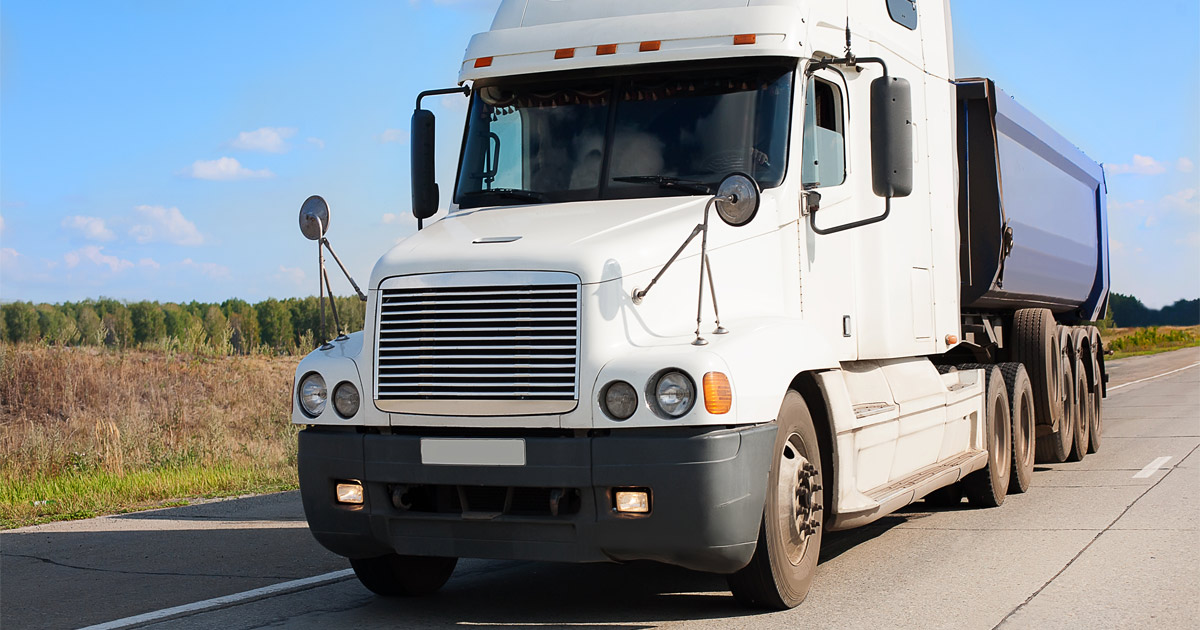What Is the Role of Black Box Data in Truck Accident Cases?
Posted on: April 7, 2025
Truck accidents often involve significant property damage, serious injuries, and questions of liability. Determining what caused an accident can be challenging, particularly when conflicting accounts exist. Black box data can provide valuable insights into the moments leading up to a collision; this data can help investigators and lawyers understand the factors that contributed to the incident.
What Is Black Box Data?
Black box data, also known as Event Data Recorder (EDR) information, is collected by a device installed in commercial trucks. These devices monitor and record various aspects of the vehicle’s operation. The data typically includes information like the truck’s speed, braking activity, engine performance, and whether the driver was wearing a seatbelt.
Unlike video recordings, black box data focuses on technical details rather than visual evidence. The data is stored within the truck’s electronic systems and can be retrieved for analysis after an accident. This information can reveal a great deal about the events leading up to a collision.
How Is Black Box Data Used in Investigations?
Black box data is a valuable resource in accident investigations because it offers objective information that is difficult to dispute. Investigators can use the data to reconstruct the events before, during, and after the collision. For example, the recorded speed of the truck can determine if the driver was following traffic laws. Similarly, braking data can reveal whether the driver attempted to stop the truck before impact.
In addition to revealing behavior on the road, black box data can identify whether a driver exceeded federal hours-of-service regulations. These regulations are in place to prevent fatigue-related accidents. If the data shows the truck was in operation for an extended period without rest, it may indicate a violation of these rules.
In some cases, black box data is also used to identify potential equipment issues or mechanical failures that may have contributed to the accident. If the data shows that the brakes were applied but did not function properly, it may point to a maintenance problem. Additionally, black box data can clarify whether a driver was following proper safety protocols, such as wearing a seatbelt or avoiding distractions.
Who Has Access to Black Box Data?
Accessing black box data is not always straightforward. In many instances, the trucking company owns the vehicle and its systems, including the black box. This can create challenges for those seeking to obtain the data. A court order may be required to compel the release of this information. Trucking companies are often reluctant to share black box data, especially if it could suggest liability on their part.
Lawyers and investigators with experience in handling truck accident cases are familiar with the legal procedures necessary to retrieve black box data. It is important to act quickly, as some black box systems automatically overwrite data after a certain period.
How Can Black Box Data Impact Legal Claims?
Black box data can be instrumental in proving liability in a truck accident case. It serves as a reliable source of information that supports or challenges witness statements and police reports. When black box data contradicts a driver’s account of the events, it can significantly affect the outcome of a legal claim. For example, if a truck driver claims to have been traveling at a safe speed, but the black box data shows the truck was speeding, the evidence can strengthen the injured party’s case. Similarly, if the data reveals mechanical failures, it may shift liability toward the trucking company or maintenance provider.
Freehold Truck Accident Lawyers at Ellis Law Leverage Black Box Data to Help Clients Fight for Compensation
Our seasoned Freehold truck accident lawyers at Ellis Law understand how to use black box data to determine liability and protect client rights. For a free consultation, call our Freehold, New Jersey office at 732-308-0200 or complete our online form. We proudly serve clients in Asbury Park, East Brunswick, Toms River, Middletown, Jersey City, Long Branch, Neptune, Hudson County, Union County, Essex County, Monmouth County, Marlboro, and Ocean County, as well as Brooklyn and New York City.


